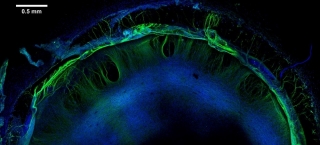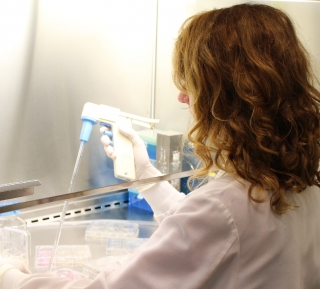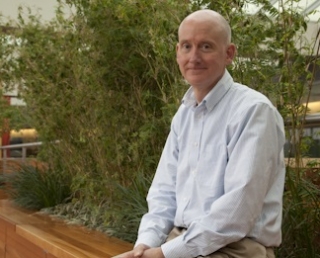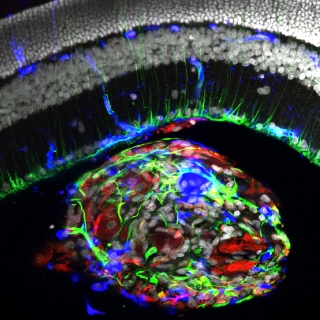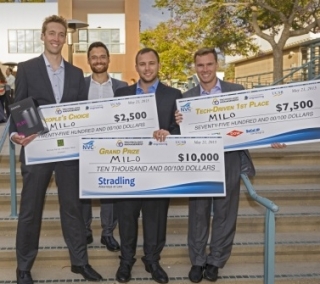Researchers from UC Santa Barbara, the University of Wisonsin-Madison and the Morgridge Institute for Research in Madison have developed a screening system for predicting developmental neurotoxicity — damage caused to nervous tissue by toxic substances — using stem cells to model features of the developing human brain. The findings appear today in the Proceedings of the National Academy of Sciences. One possible use in the application of the research involves reducing the number of drug failures in clinical trials and offering a cost-effective approach for assessing chemical safety.
Contact
- Voice: (805) 893-5320
Address
Neuroscience Research Institute
University of California, Santa Barbara
Santa Barbara, CA 93106-9610

